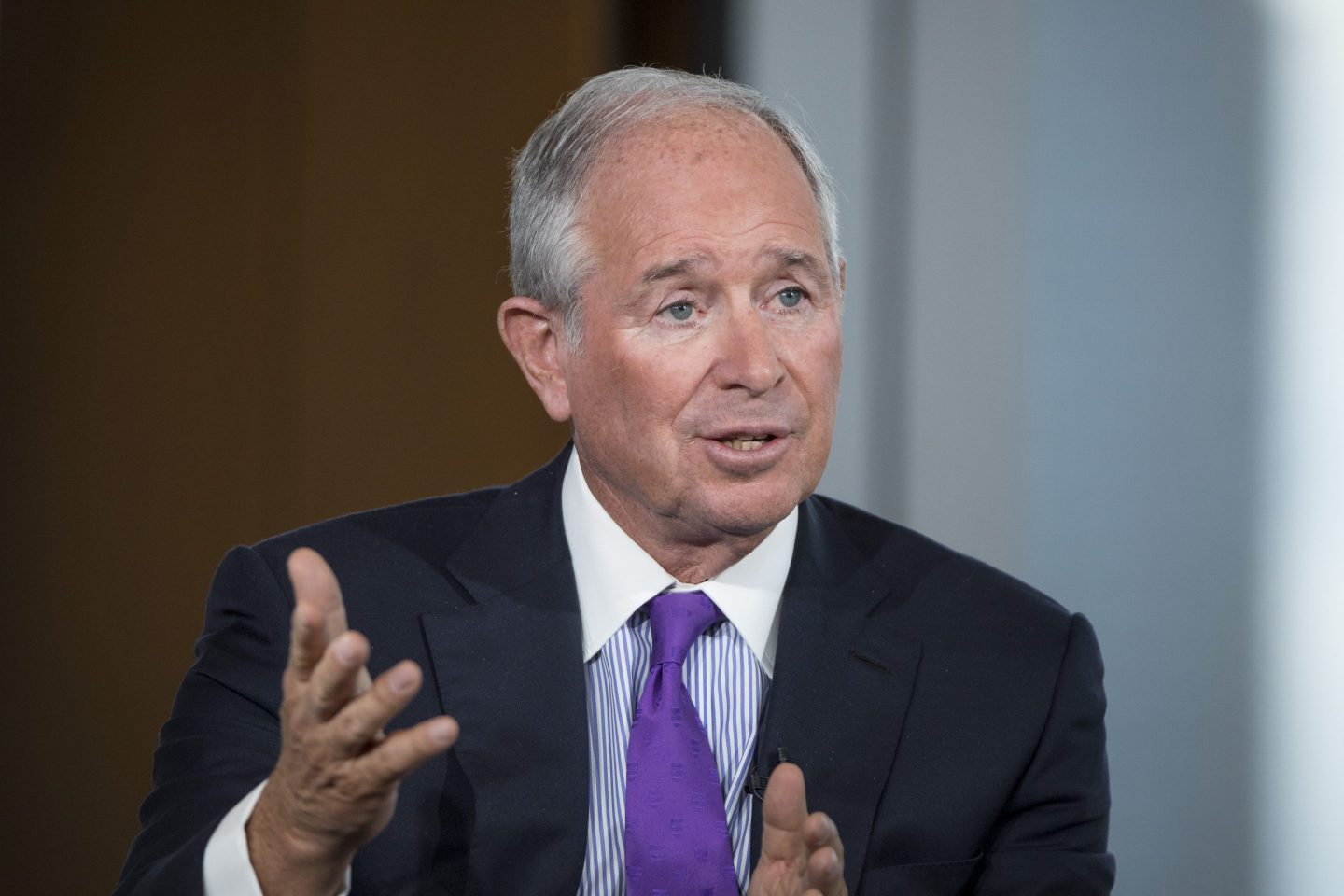It was a win for skills-based hiring: Some of the biggest businesses in the world pledged to drop degree requirements for new hires in a bid to level the playing field. The only problem is that, since then, the majority of organizations haven’t stuck to their promise—and some have actually moved in the opposite direction.
That’s according to a new study from Harvard Business School’s Managing the Future of Work project and the Burning Glass Institute (BGI), which analyzed 11,300 hires from 2014 to 2023. The report found just 20% of employers who dropped their degree requirements meaningfully changed their hiring practices.
The majority—45%—made the change “in name only,” by making the pledge but never adopting a shift in reality. A further 18% were identified as “backsliders,” who made the promise but then actually hired more graduates than before they made the pledge.
Matt Sigelman, president of BGI, said there was “no doubt” about the sincerity with which employers had made these promises. The reason, he explained, according to Bloomberg, is that the act of not hiring graduates still feels “unnatural” to many hiring managers. Indeed, he says, “It feels very risky.”
An unconscious preference toward graduates is good news for the 37.7% of Americans who are choosing to embark on a bachelor’s degree before entering the workforce. Either way, it’s tough out there for young workers: Recently a Gen Z job-seeker with two degrees went viral for documenting her struggle to land a minimum wage role, despite handing out her CV around New York.
But the new report from BGI implies it’s even more difficult for the more than 60% of individuals who don’t have a degree. Although unburdened by student debt—on average $54,921 per private student, according to the Education Data Initiative—young talent without degrees entering the workforce are fighting a tide which seems to be increasingly against their favor.
Delta Air Lines, for example, dropped its requirement for pilots to have degrees in 2022, at the time saying while it continued to value education it also wanted to welcome highly qualified candidates with “years of life and leadership experience.”
The BGI report’s findings suggest this intention has yet to fully sink in. In the two years before dropping its degree-requirement policy, just under 80% of Delta’s new hires had a degree. This dropped to approximately 65% the year the change was made, but has crept back up to around 85% in the two years since.
The report concedes that the cause of this trend is unknown and will differ from business to business, but adds: “It seems likely that initial executive enthusiasm did not translate to necessary change in underlying systems and practices.”
Delta might disagree with that. In 2021, 94% of Delta’s nonexecutive job openings that were filled externally did not require a college degree. Delta also launched an apprenticeship program and partners with OneTen, an organization aiming to close the Black talent gap.
A Delta spokesperson told Fortune: “Delta is proud of and remains committed to our skills-based talent strategy that has removed barriers to entry and broadened our talent pools. Our focus is hiring the best candidates for every role – regardless of where they acquired the skills.”
In name only
Elsewhere in the report’s “in name only” faction were behemoths Bank of America, Amazon, and Lockheed Martin.
These were the businesses the report claims “struggled to follow through” on their commitment, with their degree-hire percentages staying relatively consistent before and after making the promise. Bank of America, which has more than 200,000 employees, filled approximately 55% of non-degree-requirement roles with graduates the year it announced the policy, the BGI found. In the two years since, this figure hasn’t dropped, reaching approximately 60%.
A Bank of America spokesperson told Bloomberg approximately 40% of its 2023 hires were filled by candidates without four-year college degrees, and that figure has been increasing in recent years. The business is also ahead of its target on some diversity and inclusion initiatives, committing to hire 20,000 low- and moderate-income (LMI) candidates by 2025. Its initial target of 10,000 LMI employees was surpassed three years early.
The institution led by Brian Moynihan also partners with a raft of nonprofit organizations such as Year Up—where the bank’s Christie Gragnani-Woods, head of talent acquisition for regional banking, sits on the client advisory board—which works to support young people entering the workforce without bachelor’s degrees.
Aerospace, arms, and defense business Lockheed Martin, which is also on the “in name only” list, brought graduates in for 65% of its roles the year it announced a no-degree requirement—a number that then crept up to 78% in the following two years. For its part, the Maryland-based company told Fortune: “We are committed to our core values of doing what’s right, respecting others, and performing with excellence, and we invest in the right outreach efforts to hire the best talent to reflect our community. Our people are our greatest asset, and we strive to build a workplace that drives innovation and embraces diverse perspectives.”
Additionally, in 2018 Lockheed Martin pledged to create 8,000 new apprenticeship opportunities and invest $5 million in vocational and trade programs over five years. In a 2023 interview with Fortune, Lockheed Martin announced it had exceeded that five-year pledge one year ahead of plan.
Amazon is also mentioned on this list—though data around its hiring is not given. Although Amazon is one of the top graduate employers in some areas, it also invests heavily in developing talent who don’t yet have degrees through its Career Choice program. This includes paying for staff tuition fees—be it for associate’s degrees, bachelor’s degrees, or certificate programs—as well as offering foundational support for finishing high school, GED programs, and local language learning.
Bank of America and Amazon were approached by Fortune for comment.
Better for business
Hiring from a wider talent base is also good news for employers, the BGI report found.
Nondegree candidates hired into roles that dropped degree requirements have a 10–percentage-point higher two-year retention rate versus their college-educated coworkers, saving businesses the money and effort of rehiring every year.
“Given the high costs associated with attrition, skills-based hiring confers business impact even beyond expanding the size of the eligible talent pool or demonstrating a commitment to social progress,” the report adds.
The study even reveals some “low-hanging fruit” for employers who want to turn their data around quickly. These occupations often have third-party credentials or on-the-job training, and if acted upon could open up 250,000 roles for nondegree workers, the report adds. These roles range from construction managers to sales supervisors to web developers and IT help desks.
“If the arc of corporate practice bends toward profitability, the win-win that skills-based hiring represents is an opportunity firms are remiss to ignore,” the report concludes. “Stripping out the artificial constraints of gratuitous requirements both eases recruitment burdens in a tight labor market and substantially increases worker retention—all while creating substantial opportunity and mobility for workers.”













